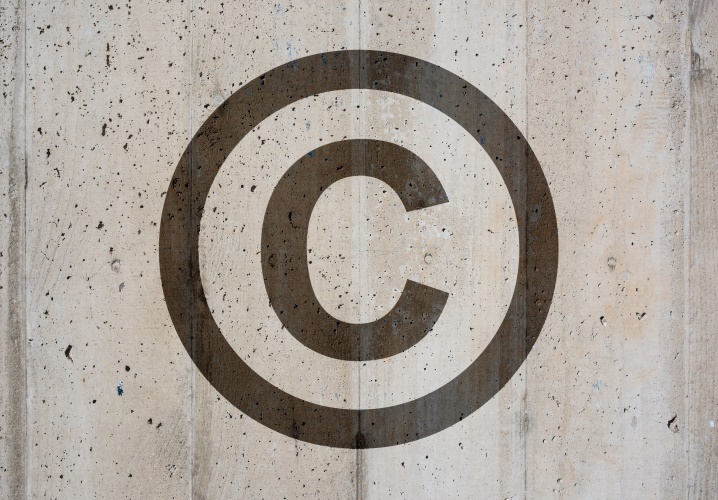Copyright is a UK national right which will not immediately be affected by Brexit. However, Brexit results in the loss of reciprocal rights in some areas including database rights, online and broadcasting and collective rights management.
Database rights
UK citizens, residents and businesses no longer qualify for database right protection in EEA member states for new databases. Database rights that existed in the UK or EEA before 1 January 2021 will continue for the remainder of their term. A new, UK-only database right is now available to UK stakeholders but is not enforceable outside the UK. Companies should review their contracts to ensure they give appropriate protection to their databases in both the UK and Europe.
Portability of online content
The recently introduced EU portability regime provides consumers across the EEA the right to access their online content services (e.g. video-on demand streaming) as if they were at home when travelling within the EEA. The repeal of the UK legislation means UK customers visiting the EEA, and vice versa, may no longer have access to all their content. Service providers wishing to continue their service may face a high hurdle in securing the relevant permissions in Europe.
Satellite broadcasting
EEA ‘country-of-origin’ rules simplify the clearance of rights in cross-border satellite broadcasting, saving broadcasters from having to clear rights in all countries receiving the broadcast. This simplified procedure no longer applies to broadcasts from the UK and consideration of legislation of each EEA member state will now be required. Subject to certain exceptions, broadcasts into the UK will continue to benefit from the ‘country-of-origin' principle.
Cable retransmission
Copyright holders whose works are broadcast from the UK and retransmitted via cable in the EEA are no longer able to rely on the arrangements in the Satellite and Cable Directive, which ensures that cable retransmissions are dealt with by a collecting society. Instead, those copyright holders may need to negotiate licences with cable operators directly. There may also be statutory licence terms to consider in certain EEA member states.
Collective rights management
Under EEA rules collecting societies must represent any EEA right holder who requests representation, regardless of the EEA state in which they are based. EEA collecting societies offering multi-territorial online music licences must, if asked to do so, also represent the catalogues of EEA collecting societies that do not offer such licences. Since 1 January 2021 collecting societies in EEA countries are no longer obliged to represent UK right holders or societies unless national laws require them to do so.
Digitising works in cultural heritage institutions
The EU ‘orphan works’ exception applies where the author of a work is unknown or untraceable. It allows cultural heritage institutions such as libraries, museums or archives to digitise such works to maintain their collections. From 1 January 2021 this EU scheme no longer applies to UK institutions and they may now face claims of copyright infringement including for works placed online prior to 1 January 2021. Institutions wishing to maintain their online collections may be able to do so via the UK’s orphan works licensing scheme and may also consider ensuring access to orphan works is open to only those based in the UK
Marrakesh Treaty
This Treaty aims to improve access for visually impaired people to copyright works. The UK was party to the Marrakesh Treaty through the EU. The UK government has now ratified the Treaty in its own right; this came into force on 1 January 2021.

 Joanna Adcock
Joanna Adcock